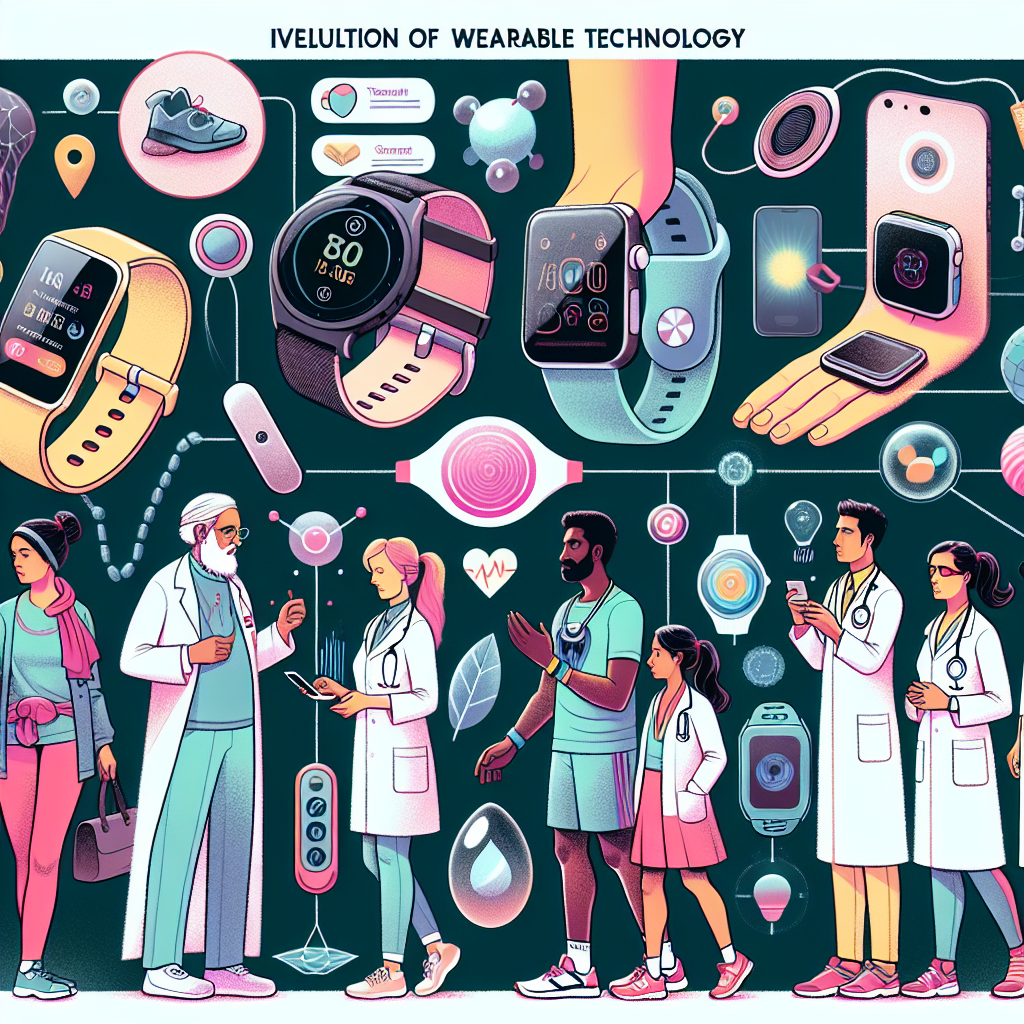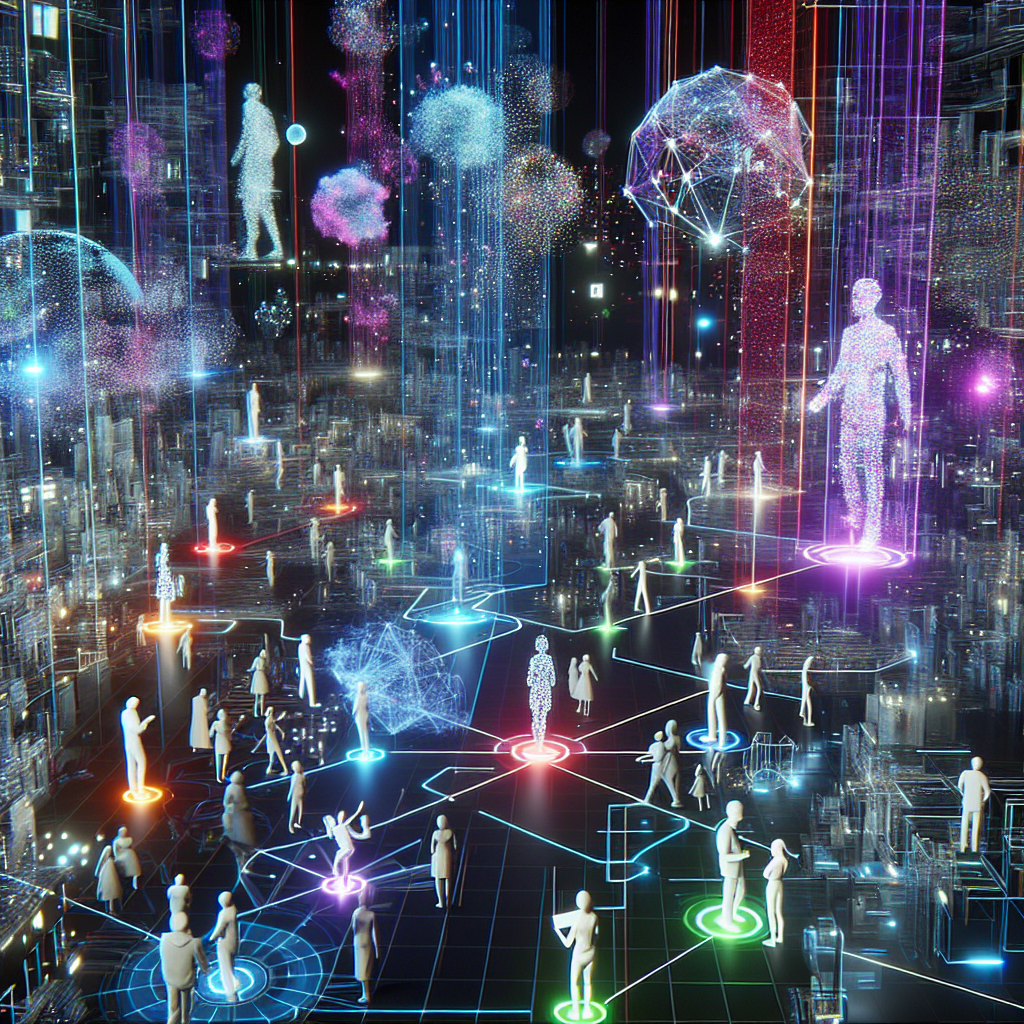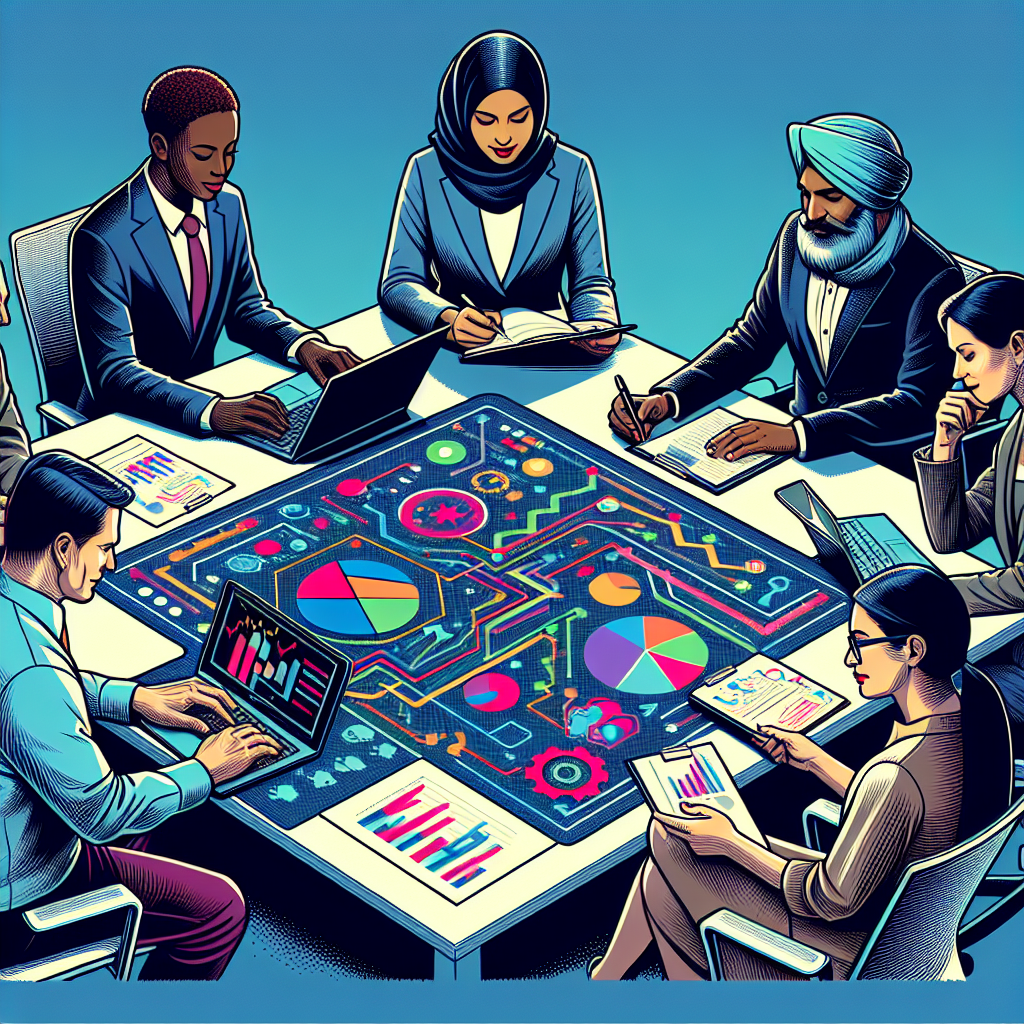Artificial Intelligence (AI) has become an increasingly influential technology in our society, and its potential for transformative impact is only beginning to be realized. As we move into the future, AI is poised to revolutionize the way we live and work, reshaping various aspects of our world in profound ways.
One of the key areas where AI is expected to have a major impact is in the realm of healthcare. With the ability to process vast amounts of data and identify patterns and trends that might not be apparent to human researchers, AI has the potential to revolutionize the way we diagnose and treat diseases. AI-powered tools can help doctors make more accurate diagnoses, personalized treatment plans, and even predict the likelihood of certain diseases developing in the first place.
In addition to healthcare, AI is also set to disrupt the way we work. Automation powered by AI is already being used to streamline processes, increase efficiency, and reduce human error in a wide range of industries. As AI technologies continue to advance, more jobs will be automated, leading to significant changes in the workforce. However, AI also has the potential to create new types of jobs and industries, as businesses harness the power of AI to create innovative solutions and products.
Another area where AI is likely to have a major impact is in transportation. Self-driving cars powered by AI technology are already in development, and once they become mainstream, they could revolutionize the way we get around. Not only will self-driving cars make transportation safer and more efficient, but they could also help reduce traffic congestion, lower emissions, and make transportation more accessible for people who are unable to drive themselves.
AI is also expected to have a significant impact on the way we interact with technology. Virtual assistants like Siri and Alexa are just the beginning. As AI becomes more advanced, we can expect to see even more personalized and intuitive interfaces that anticipate our needs and preferences, making it easier for us to navigate the digital world.
Of course, with all of these potential benefits comes the need to address the challenges and ethical questions that come with the widespread adoption of AI. Issues such as data privacy, bias in AI algorithms, and the impact of automation on the job market will need to be carefully considered as we move forward.
In conclusion, the future of AI is bright and full of potential. As AI technologies continue to advance, we can expect to see significant changes in the way we live, work, and interact with the world around us. By harnessing the power of AI responsibly and ethically, we can ensure that AI continues to transform our world for the better.














Leave feedback about this
You must be logged in to post a comment.